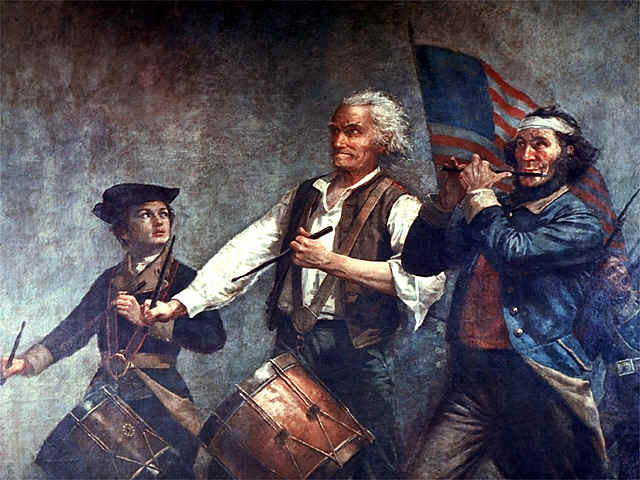
by Robert Gore
Even small children recognize injustice, especially when they are its victims. “No fair” is the common schoolyard refrain. A sense of justice undoubtedly serves a host of evolutionary purposes. Imagine a world where the unjust, the wrong, always triumphed. Thieves prospered as crime went unpunished, the few stalwarts hewing to honesty and rectitude were marginalized or eliminated, and this social order evoked commendation rather than condemnation. How long would such a society survive? Cynics will say we are there now. That’s overblown, but they have a point.
A desire for political change that becomes an actual movement drip-feeds on perceived injustices. No political movement of consequence fails either to wrap its objectives in the mantle of justice or portray its opponents as evil. The Declaration of Independence is a transcendently important work of political philosophy, but it’s also a laundry list of grievances against King George. The aggrieved, not the political theorists, propel revolutions. The straw that breaks the camel’s back is often relatively minor, even trivial. However, it generally has disproportionate symbolic importance. The tea tax exacted on the colonists was a pittance, but it inspired the Boston Tea Party and the revolutionaries’ “No taxation without representation” slogan.
Eric Hoffer noted that: “What starts out here as a mass movement ends up as a racket, a cult, or a corporation” (The Temper of Our Time, 1967). The government birthed after the revolution has indeed degenerated into a racket, and those not in on it increasing recognize its injustices. It still tries to wrap its objectives in the mantle of justice, but the sole objective of government has become more government.


